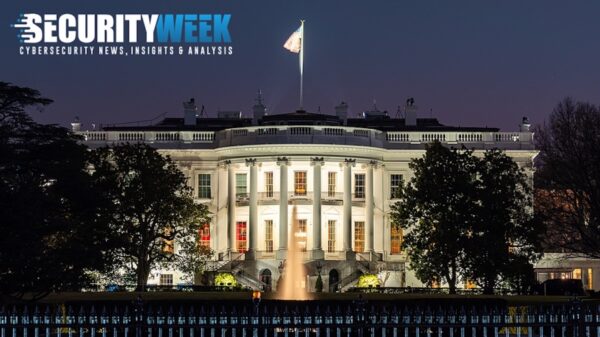The Biden administration on Friday said it would require states to report on cybersecurity threats in their audits of public water systems, a day after it released a broader plan to protect critical infrastructure against cyberattacks.
The Environmental Protection Agency said public water systems are increasingly at risk from cyberattacks that amount to a threat to public health.
“Cyberattacks against critical infrastructure facilities, including drinking water systems, are increasing, and public water systems are vulnerable,” said EPA Assistant Administrator Radhika Fox. “Cyberattacks have the potential to contaminate drinking water.”
Fox said the EPA would assist states and water systems in building out cybersecurity programs, adding that states could begin using EPA’s guidance in their audits right away. The agency did not respond immediately to questions about enforcement deadlines.
EPA said it would help states and water systems with technical know-how. The announcement made no mention of new financial assistance.
Biden administration officials said recent surveys show that states are inconsistent in their efforts to protect drinking water systems from cyberattacks — mainly on the operational technology used for safe drinking water. The EPA also said many water systems do not have cybersecurity practices — and that voluntary measures have “yielded minimal progress.” Experts have said many municipalities lack the money and expertise.
In 2021, a hacker’s failed attempt to poison the water supply of a small Florida city near Tampa raised alarms about the vulnerability of the nation’s 151,000 public water systems. Local officials said the intruder used a remote access program to increase the sodium hydroxide — used to lower acidity, but a burn risk in high concentrations — to be added to the water by a factor of 100. A supervisor monitoring a plant console caught the activity and stopped it.
Some experts questioned whether EPA’s approach would be effective.
| Learn More at SecurityWeek’s ICS Cyber Security Conference The leading global conference series for Operations, Control Systems and OT/IT Security professionals to connect on SCADA, DCS PLC and field controller cybersecurity. October 23-26, 2023 | Atlanta www.icscybersecurityconference.com |
Mike Hamilton, former chief security officer for the city of Seattle, said performing such assessments would be hard to do at scale across water utilities, which vary greatly in size and resources across the country. And Tracy Mehan, executive director of government affairs at the American Water Works Association, said the plan puts states in a tough position by saying that such reporting should start immediately.
The American Water Works Association said training for states on cybersecurity risks was still ongoing.
EPA’s memo came a day after the White House released a wide-ranging cybersecurity plan to counter rising threats to government agencies, private industry, schools, hospitals and other key infrastructure that are often breached. That plan also included measures to hold software companies responsible when their products fail to meet certain standards.
Anne Neuberger, deputy national security advisor for Cyber and Emerging Technologies, said Friday that EPA’s memo for states would establish minimum cybersecurity measures for municipal water systems after the administration previously did so for pipelines and the rail sector.
“Americans deserve to have confidence in their water systems’ resilience to cyberattackers,” Neuberger said.
